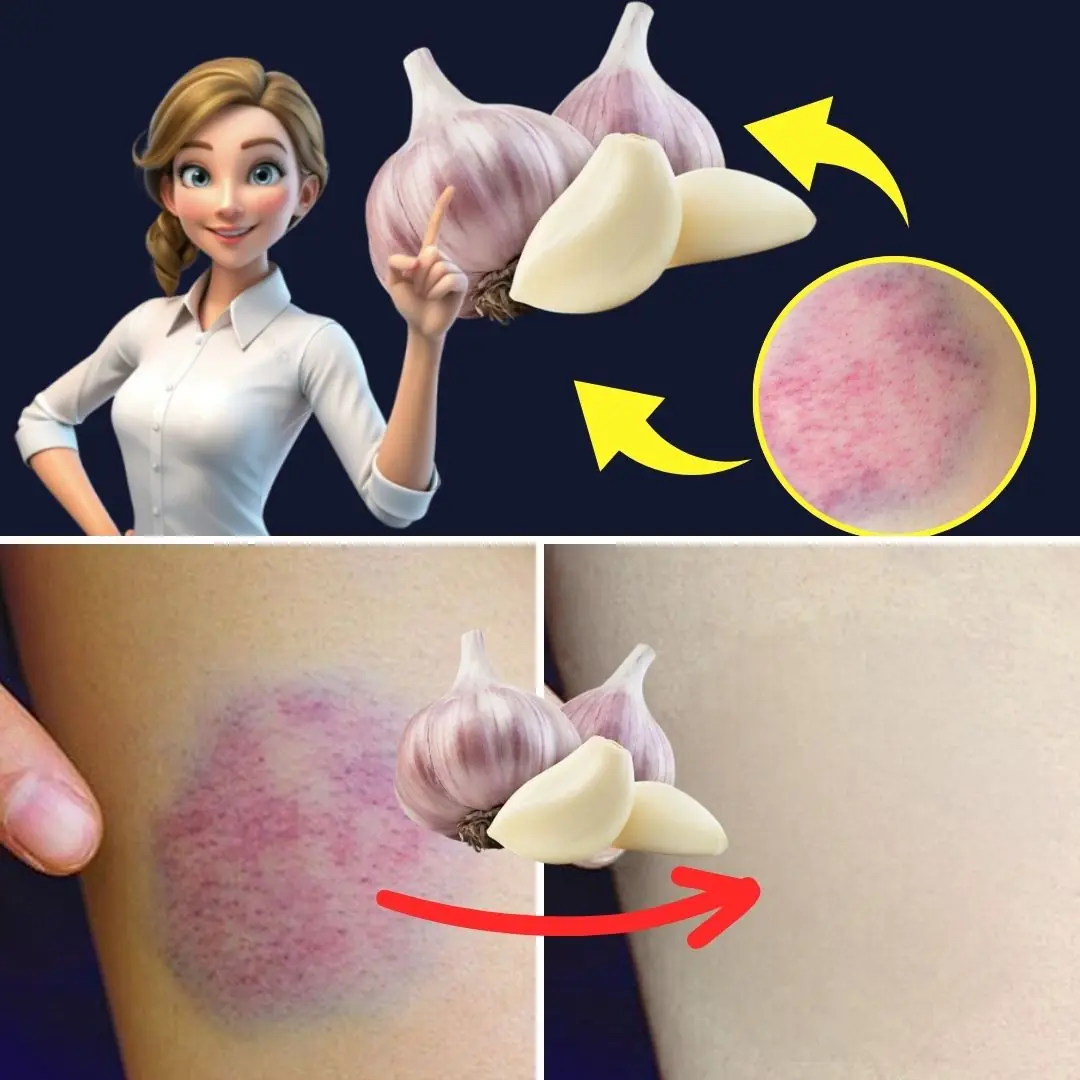
Euphorbia Hirta: Nature’s Hidden Gem for Wellness
Have you ever walked past a modest, roadside plant and wondered whether it might hold ancient health secrets? Euphorbia hirta—also known as asthma weed or snakeweed—is one such overlooked gem. Long used in traditional medicine across Asia and Africa, this humble herb is gaining renewed attention for its potential benefits. From easing respiratory conditions to supporting digestive and skin health, Euphorbia hirta is packed with bioactive compounds that may promote overall well-being.
Though not widely recognized in Western households, its rich ethnobotanical history and growing body of scientific research make it a plant worth exploring. Let’s dive deeper into the healing potential of Euphorbia hirta, how to use it safely, and whether it could complement your holistic health routine.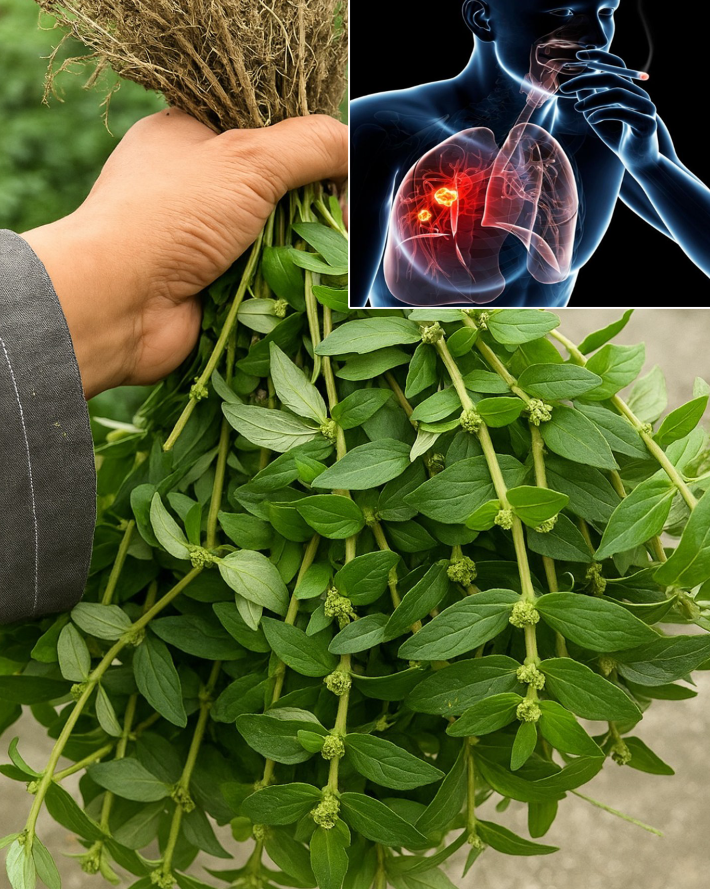
What Is Euphorbia Hirta and What Makes It Special?
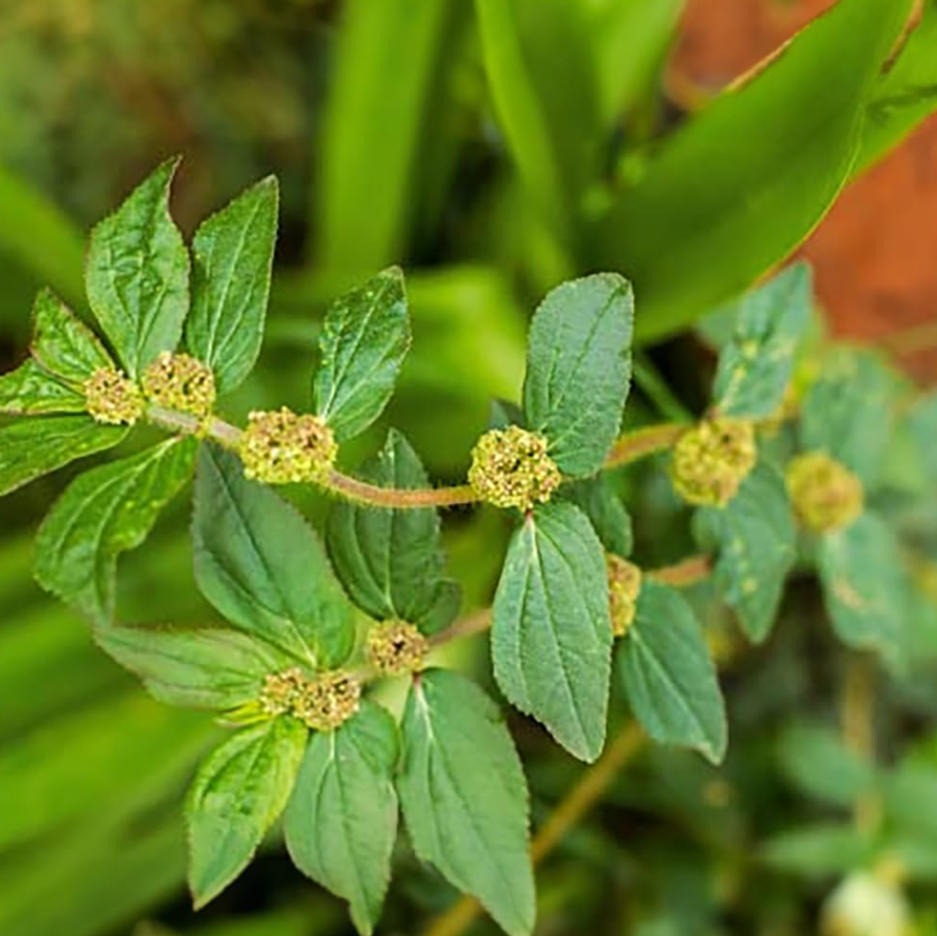
Euphorbia hirta is a small, branching herb covered with fine hairs, typically found in tropical and subtropical climates. It often grows along roadsides, in open fields, or near human settlements. Despite its unremarkable appearance, it has been a staple in Ayurvedic medicine, Filipino folk healing, and African traditional remedies for centuries.
According to WebMD, parts of the plant—including leaves, stems, and flowers—are used for treating ailments such as asthma, gastrointestinal issues, and skin infections. The plant contains a variety of phytochemicals such as flavonoids, tannins, terpenoids, and alkaloids, all known for their therapeutic effects. A 2014 study published in Molecules identified potent antioxidant and anti-inflammatory actions, lending modern scientific support to its traditional uses.
What makes Euphorbia hirta unique is its multi-functional nature. While some herbs serve one or two roles, this plant has been applied to everything from fever reduction to wound healing—making it an exceptional natural ally.
Key Features of Euphorbia Hirta
-
Nutrient-Rich Composition: Contains powerful antioxidants like quercetin and gallic acid that help protect cells from oxidative stress.
-
Traditional and Modern Applications: Used as teas, poultices, tinctures, or powders to address multiple health issues.
-
Widespread Availability: Grows abundantly in warm regions and is available online in various supplement forms.
-
Culturally Significant: Integral to traditional medicine systems such as Ayurveda, Unani, and indigenous practices across Southeast Asia and Africa.
Respiratory Health Benefits: Why It’s Called the “Asthma Plant”
One of Euphorbia hirta’s most prominent traditional uses is in respiratory support. It earned the nickname "asthma weed" because it was historically used to relieve asthma, chronic cough, and bronchitis. A 2010 review in Pharmacognosy Reviews noted that the plant may help dilate bronchial tubes, improving airflow and making breathing easier.
Its anti-inflammatory and mild bronchodilator effects could support respiratory health by reducing airway inflammation and soothing irritated tissues. While it’s not a substitute for prescription inhalers or asthma medications, it may serve as a complementary approach under medical guidance.
Respiratory Support Tips:
-
Herbal Tea: Steep 1 teaspoon of dried leaves in hot water for 10 minutes to ease throat and chest congestion.
-
Steam Inhalation: Add a pinch of dried herb to boiling water, inhale the steam to open airways naturally.
-
Lifestyle Combo: Use alongside a humidifier or saline nasal spray for added moisture and comfort.
Euphorbia Hirta for Digestive Wellness
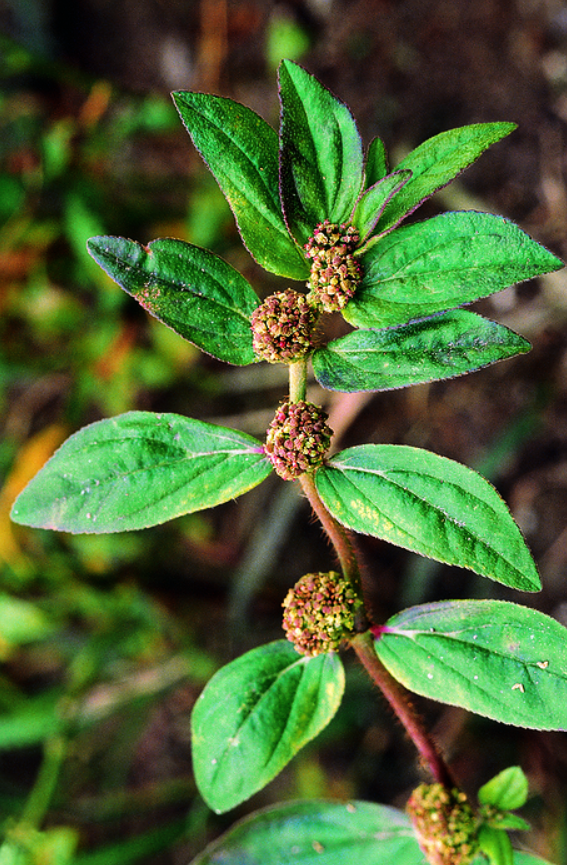
If you struggle with indigestion, bloating, or diarrhea, Euphorbia hirta might offer gentle, plant-based relief. A study published in BMC Complementary Medicine and Therapies found that its extract demonstrated antidiarrheal activity in animal models—likely due to the presence of flavonoids like quercitrin, which help reduce intestinal spasms and inflammation.
Traditionally, it’s been used to soothe nausea, heartburn, and even stomach ulcers. It may also support microbial balance in the gut, although more clinical research is needed.
How to Use It for Digestion:
-
Digestive Tea: Steep 1 teaspoon of dried Euphorbia hirta with a slice of ginger in hot water. Drink after meals to prevent bloating.
-
Start Small: Begin with a low dose to assess individual tolerance, especially if you have a sensitive stomach.
-
Balance with Diet: Pair with a fiber-rich, hydrating diet to enhance overall digestive health.
Tried this remedy? Share your experience in the comments and help others on their health journey!
Skin and Wound Care Applications
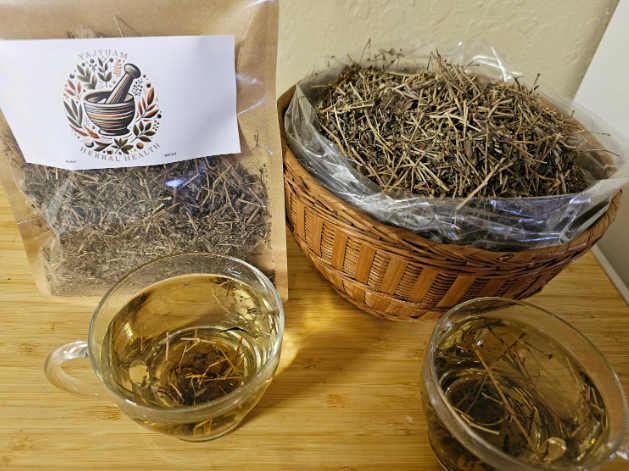
Thanks to its antibacterial and anti-inflammatory qualities, Euphorbia hirta has long been applied directly to the skin to treat rashes, cuts, insect bites, and minor wounds. A 2017 study showed that its ethanolic extract enhanced wound healing in diabetic rats, likely by stimulating collagen production and reducing microbial load.
In traditional settings, crushed leaves are used as a poultice to reduce swelling, minimize irritation, and promote healing. It may also help with acne and eczema due to its soothing effects.
Skin-Healing Poultice Recipe:
-
Ingredients: Fresh Euphorbia hirta leaves, clean cloth or gauze.
-
Instructions: Crush leaves into a soft paste, apply to clean skin, and cover with cloth for 15 minutes. Rinse gently afterward.
-
Tip: Always wash the area with warm water and mild soap before applying any herbal remedy to prevent irritation.
Immune and Anti-Inflammatory Support
A strong immune system relies on a balanced inflammatory response—and Euphorbia hirta may support both. Its antioxidants help combat oxidative stress, which is linked to weakened immunity and chronic disease. A 2014 study in Molecules confirmed its significant free radical scavenging activity.
Traditionally, the plant has been used to reduce fevers, combat infections, and even support recovery from viral illnesses. Though more human trials are needed, the preliminary findings are promising.
Immune-Boosting Ideas:
-
Tea During Cold Season: Drink Euphorbia hirta tea 1–2 times per week in cooler months.
-
Smoothie Add-In: Mix ½ teaspoon of powdered herb into a morning smoothie with citrus for added vitamin C synergy.
-
Daily Ritual: Rotate it with other immune herbs like echinacea or elderberry for broader coverage.
Safety, Dosage, and Precautions
While Euphorbia hirta has many traditional benefits, it is not without risks. Oral consumption in large amounts may cause nausea, vomiting, or gastrointestinal upset. According to WebMD, it should be avoided by pregnant or breastfeeding women due to possible uterine stimulation.
Additionally, those with pre-existing digestive conditions or allergies should proceed cautiously. Always consult a healthcare professional before starting any herbal supplement—especially if you’re on medication.
Safety Guidelines:
-
Start Low: Begin with a mild tea or ½ tsp powder and monitor your body’s response.
-
Consult a Physician: Especially important for people with chronic illnesses or those taking medications.
-
Purchase Responsibly: Choose reputable brands or certified herbalists to avoid contamination.
-
Avoid Long-Term Use: Use it in short intervals rather than as a daily supplement to minimize risks.
Embracing Euphorbia Hirta in Your Wellness Routine
Whether you’re seeking a natural aid for asthma, looking to ease digestive discomfort, or searching for skin-soothing remedies, Euphorbia hirta may offer a gentle, plant-based solution. With centuries of traditional use and a growing base of scientific validation, it represents the meeting point of ancient wisdom and modern curiosity.
As with any herb, thoughtful, informed use is key. Begin slowly, observe your body’s signals, and always prioritize professional advice. When used appropriately, Euphorbia hirta could become a valuable addition to your holistic health toolkit.
Disclaimer: This article is for informational purposes only and is not a substitute for medical advice. Always consult a qualified healthcare provider before beginning any new treatment or supplement.
News in the same category


Can Chia Seeds Support a Healthier Waistline Naturally?

Natural Oral Care for Seniors: How Ginger and Lemon May Support a Brighter Smile Over Time

Coffee with Ginger: A Tasty Wellness Drink Hiding in Your Kitchen

How Purslane Can Transform Health for Seniors Over 50: 7 Unexpected Benefits
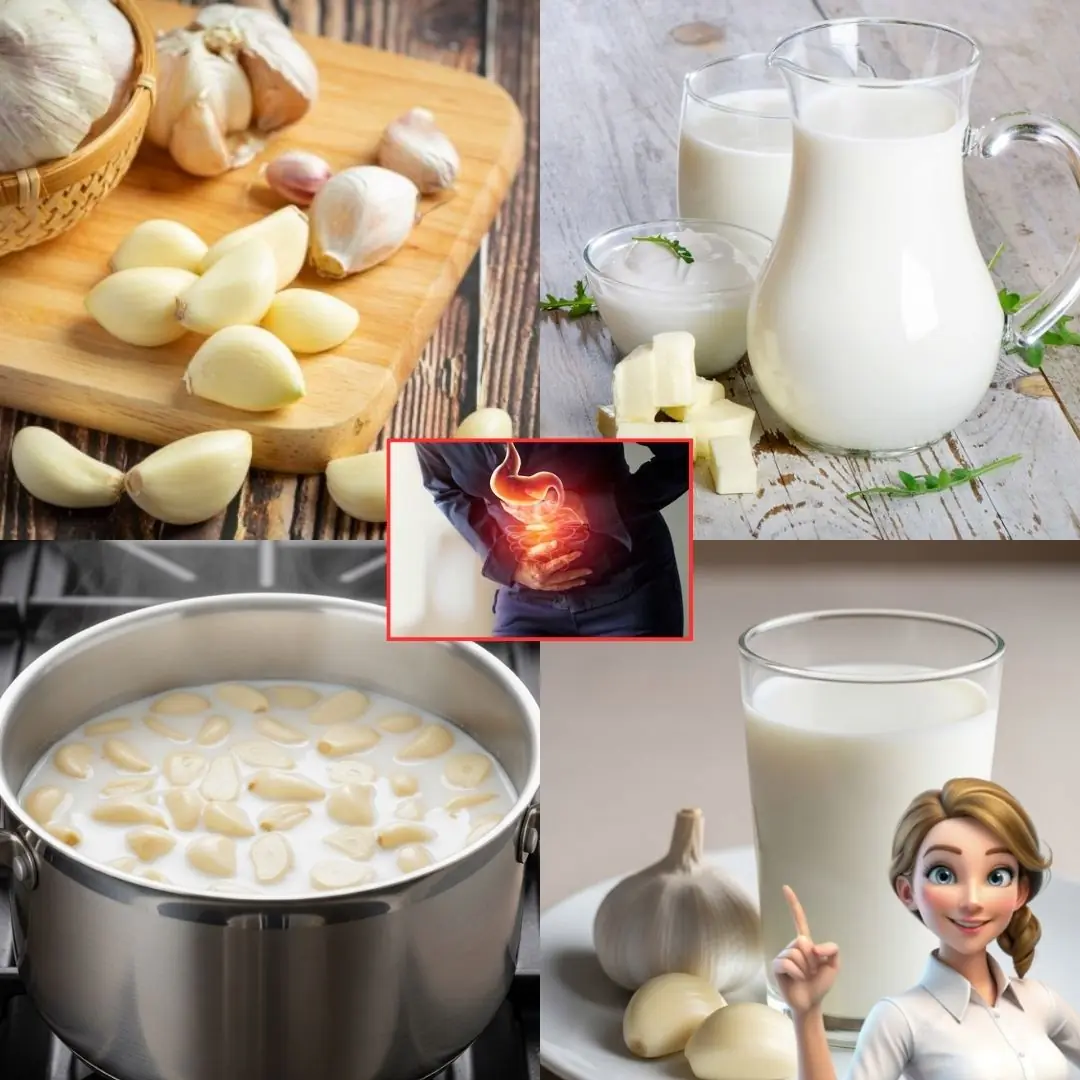
Boil Garlic in Milk and Drink It Once a Day – Here’s Why Your Body Will Thank You
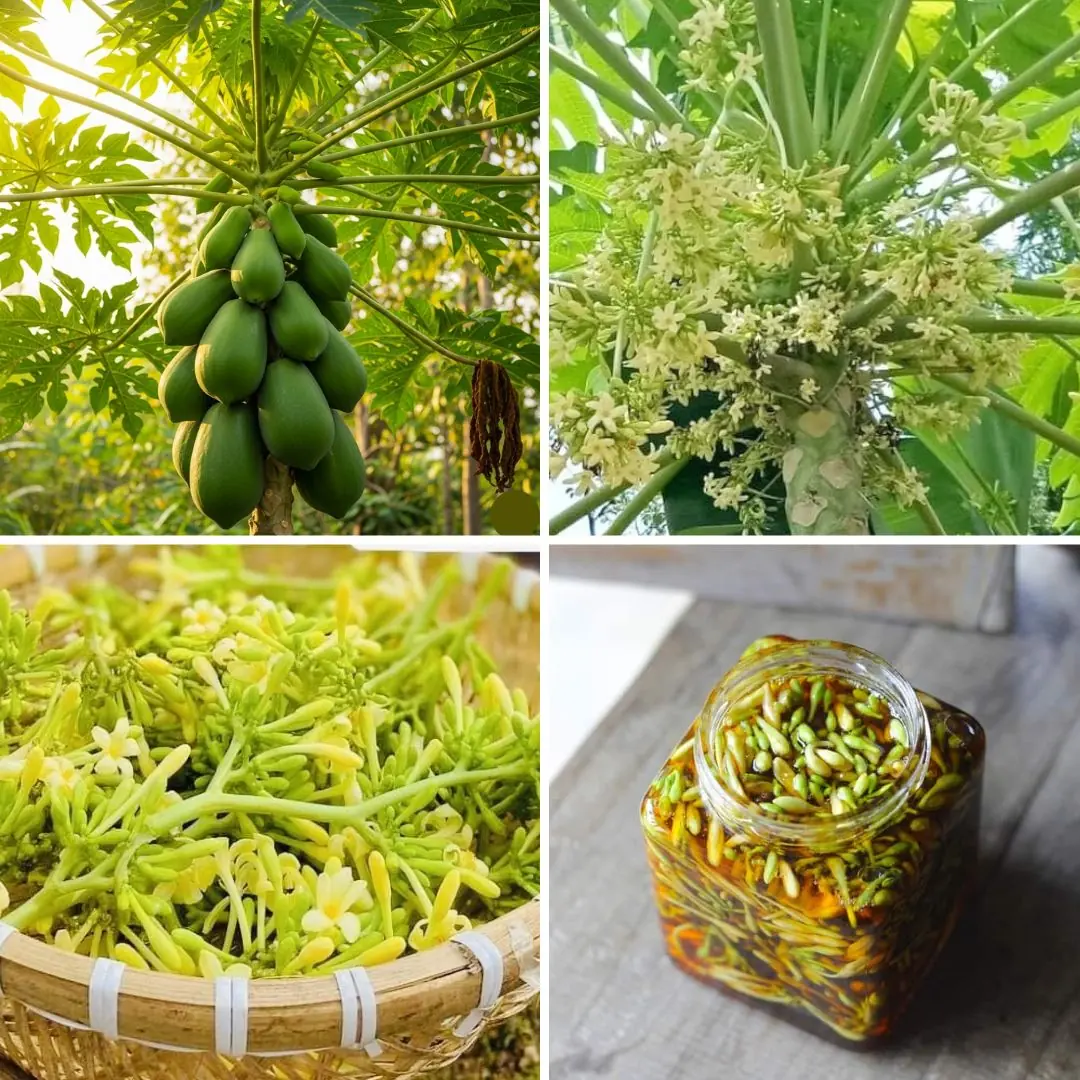
Why You Should Prepare a Jar of Papaya Flowers Soaked in Honey This Winter

12 Moringa Seed Benefits You’ll Never Hear from Your Doctor (But You Should Know) 🌿✨

Wrinkle & Eye Bag Removal Naturally – Best Collagen Mask with Beetroot! 🧖♀️🌱

Bryophyllum Calycinum (Kalanchoe Pinnata): The Miracle Leaf with Remarkable Natural Benefits

8 Foods to Support Kidney Health and Manage Proteinuria
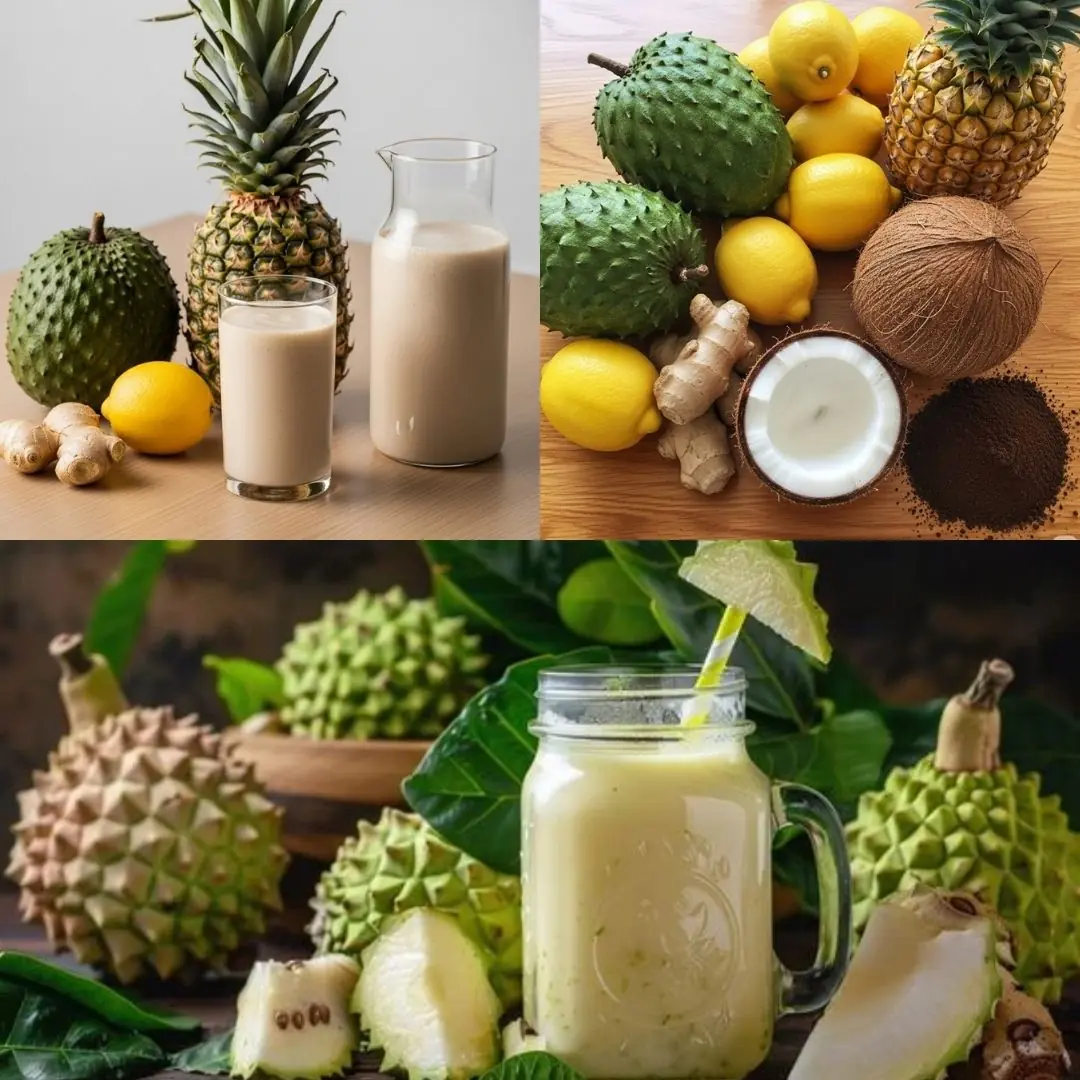
Let’s Make This Special Healthy Multi-Fruit Juice & Drink for Smooth Skin & a Strong Immune System

Natural Ways to Support Vision Health for Seniors

🌿 The Leaf That Destroys Cancer Cells – Why No One Is Talking About It | Barbara O’Neill’s Natural Approach

11 Powerful Reasons Your Whole Family Should Drink Okra Water Every Day
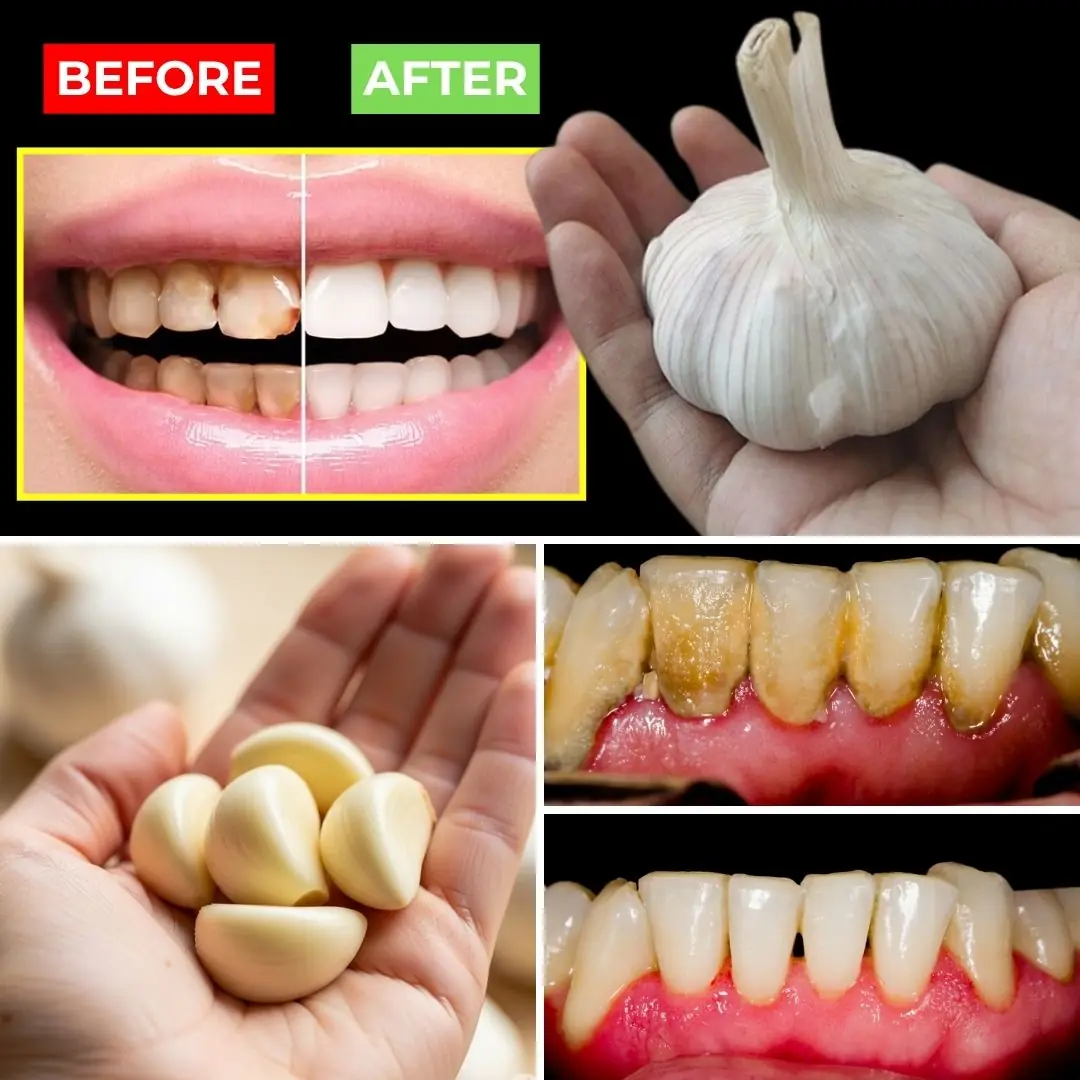
Improve Your Oral Health Naturally with Garlic

How to Use Castor Plant Leaves to Treat 12 Common Health Problems Naturally 🌿

Thyroid Issues Are Rising—Here's a Natural Drink That Could Help

Why Cloves, Ginger, and a Lipton Tea Bag Might Be the Golden Trio Your Body Needs
News Post

Experts Say Turning Off Wifi And Keeping Phones Out Of The Bedroom Could Boost Your Health

If You See A Woman Wearing A Wedding Ring On Her Pinky Finger Here’s What It Means

Experts Are Shedding Light on the ‘Death Rattle’ Phenomenon Before Passing

Experts Break Down How Far You’d Need To Be To Survive A Nuclear Blast

Scientists Finally Figure Out What’s Causing Girls to Get Periods at a Younger Age

Experts Warn 1,000ft Mega Tsunami Could Slam Into Us Coast — Is Your Hometown In Danger?

Man Who Predicted Covid Outbreak Reveals Chilling Warning About New Emerging Crisis

Top Foods to Avoid After 60 for Better Health

Flight Attendant Reveals Why Cabin Says Hello As You Board, and It’s Not What Think

10 Cities That Could Be Underwater by 2050. Here’s The Full List

Aspergillus Fungus Threatens Millions As It Spreads Due To Climate Change, Scientists Warn

The Incredible Story of a British Airways Pilot Who Survived Being Ejected from a Plane for 20 Minutes

Never keep these 4 relics after losing a loved one

Can Garlic Support Healthier Veins Naturally?

Can Chia Seeds Support a Healthier Waistline Naturally?
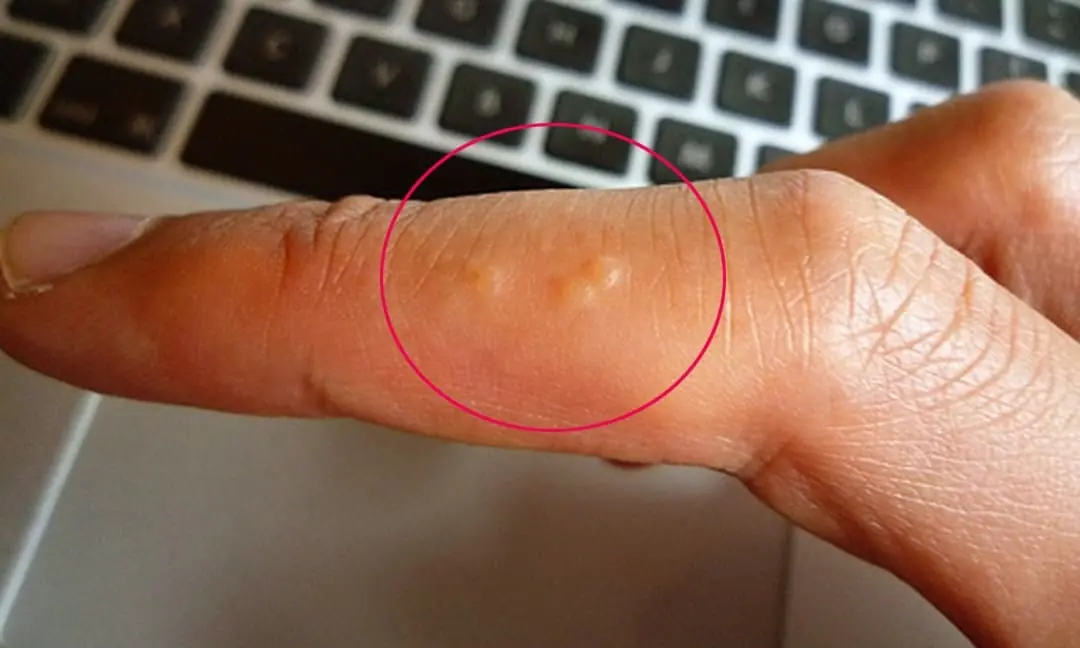
What Are the Tiny Blisters on Your Hands in Summer Trying to Tell You?

5 Pains in the Body That May Signal Early-Stage Cancer: Don’t Delay, or It May Spread

9 Early Warning Signs of Stomach Cancer: See a Doctor Immediately If You Have Even One
